The Group Managing Director of Nigerian National Petroleum Corporation (NNPC), Malam Mele Kyari says under full deregulation of the downstream sector oil marketers will be at liberty to import petrol and sell.
He said it would take the burden off the NNPC and bring the Direct Sale-Direct Purchase (DSDP) Programme to an end.
“Upon the full implementation of the deregulation, we expect that all oil marketing companies to commence import even now so that that burden of import will be taken away from the NNPC or even the supply for when the local refinery is made available so that NNPC will not be the sole supplier of PMS into this market.
“So, once this situation arises, you are sure that the DSDP programme will automatically vanish because you will have no further need for it because market forces will now determine the import and export.
“We know there is one major challenge why oil marketing companies have not started importing which is around access to foreign exchange and we are working on this with the Central Bank of Nigeria and as soon as that is available, oil marketing companies will also resume import of petroleum products,” Kyari said on Thursday in Abuja.
He spoke at the weekly State House briefing jointly addressed by him and
the Minister of State for Petroleum Resources, Timipre Sylva.
The GMD said: “Today, NNPC is the sole importer of PMS, we are importing at market price and we are selling at N162 per litre today. Looking at the current market situation today, the actual price could have been anywhere between 211 to around 234 naira to the litre.
“The meaning of this is that consumers are not paying for the full value of the PMS that we are consuming and therefore, someone is bearing that cost.
“As we speak today, the difference is being carried on the books of the NNPC and I can confirm to you that the NNPC may no longer be in the position to carry that burden and because we can longer afford to carry it on our books.
“As we speak today, I will not say we are in subsidy regime but we are in a situation where we are trying to exit this underprice sale of PMS until we come in terms of the full value of the product in the market.
“PMS sells across our borders anywhere around N300 to the litre and in some places up to 500 to N550 to the litre.
“Our current consumption is evacuation from the depots about 60 million litres per day, we are selling at N162 to the litre, and the current market price is around N234, the actual market price today.
“So, the difference between the two, multiplied by 60 million x 30 will give you per month. I don’t have the numbers now, this is simple arithmetic that we can do but if you want exact figures from our books, I do not have it at this moment but it’s anywhere between a hundred billion and up to 120 billion naira per month. I don’t have the exact number.”
On plan to import petrol from Niger Republic, Sylva believed that it would boost trade between the two countries.
Persecondnews recalls that Nigeria and Niger had in July 2018 signed an agreement to build a pipeline to bring crude oil from Niger to the proposed Katsina Refinery.
The agreement was followed in 2020 by another one signed between the two countries on petroleum products transportation and storage.
According to Sylva, Nigeria wants to legalize the thriving illegal petroleum products sale already going on between the countries.
“We need to share its experience in the oil exploration sector with neighbouring countries.
“You know that Niger is a smaller country and Nigeria is more experienced in oil exploration than most countries in Africa. You find out that most of these countries have these constraints.
“Although, we have this agreement with Niger they have a constraint on how to deliver on it to this country because of the contract they have with the Chinese. So, if we realize that they have constraints we can change.
“The whole idea is that Niger has 20,000 bpd which is even bigger than their consumption.
“There is already illegal trading going on between Nigeria and Niger. So, what we want to do is to see how we can legalize it.
“We want to begin to create a business without neighbours. This is what ECOWAS and AU are trying to encourage. That is inter-regional trade and begin to trade among ourselves,” the minister stressed.
On marginal oil field, Sylva said the processing of award marginal oilfield licenses had been completed, adding that the 161 winning bids have been notified.
“About 50 percent of them have paid the signature bonuses.
“The process has been completed and there were 161 winning bids and they have been notified and we have started receiving signature bonuses paid by the winners. At least, from the last account report I got from DPR, almost 50% of the winners have paid.
“What we are expecting from the whole process is about $600 million and of course we have also given an allowance for people to pay in naira so you have to pick which currency to pay in – in naira or dollars.
“So, at this point we cannot give any figure in any currency but just to tell you that payments have been encouraging and they have up to April 20th. So, there is some time. Although, the jury is still out we believe that by April we would have got a lot of them to pay,” Sylva said.
On the Petroleum Industry Bill (PIB) currently before the National Assembly, he said the leadership of the National Assembly had promised to pass the bill in April 2021.














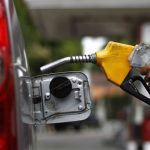



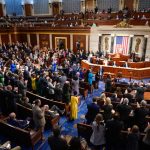
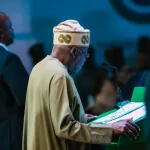
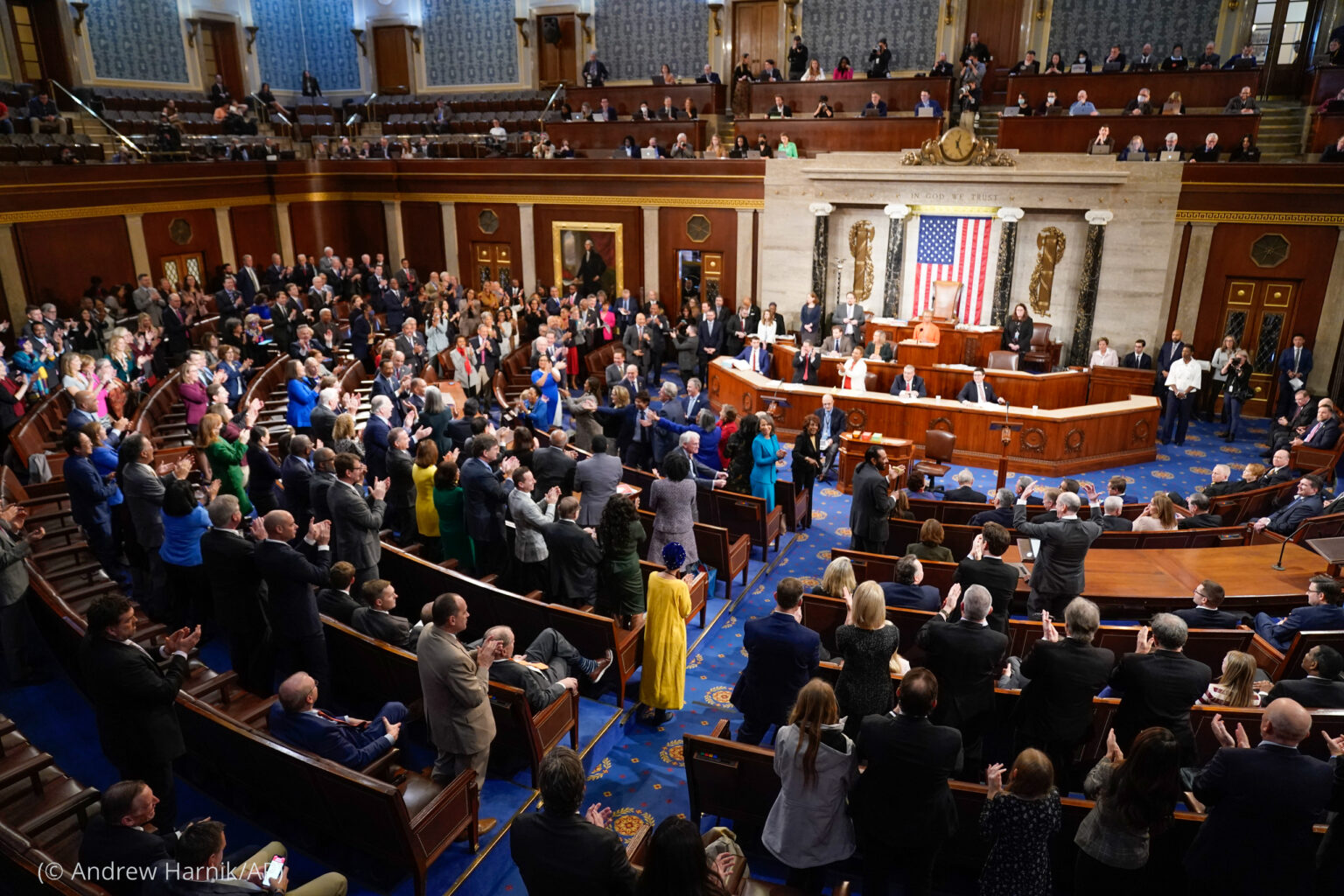
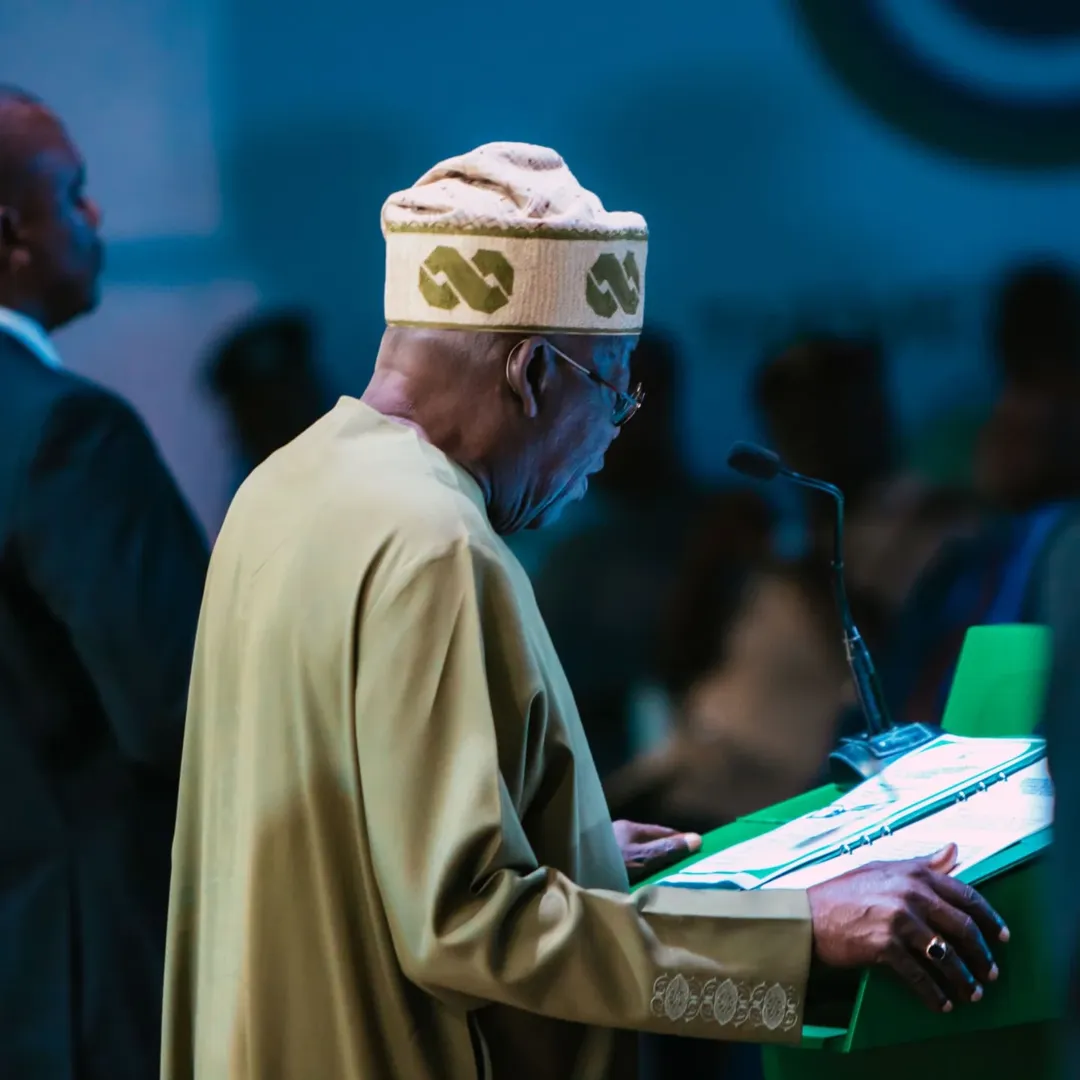

Leave a comment